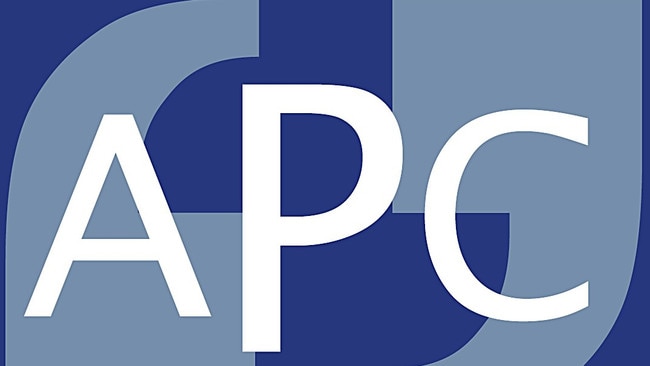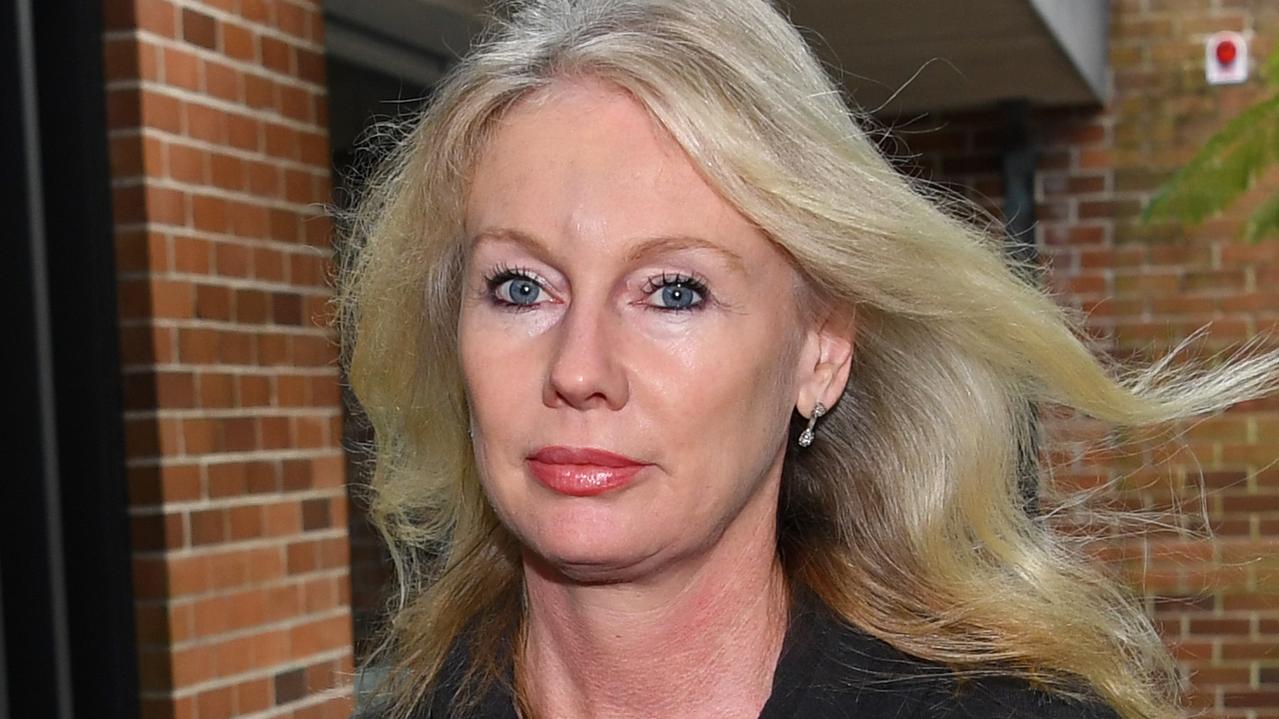Press Council Adjudication
The Press Council has decided that an article concerning transgender women’s participation in women’s sporting competitions breached its Standards of Practice.

For the Record
Don't miss out on the headlines from For the Record. Followed categories will be added to My News.
The Press Council considered whether its Standards of Practice were breached by an article published in The Daily Telegraph headed “Transgender Sport Safety and Fairness Concerns Raised by Female Volleyball Players” (Online) on 27 September 2021.
The news article reported “Female community sporting groups are raising concerns about the issue of transgender athletes playing in women’s competitions, saying officials need to begin addressing the issue and lay out clear guidelines. It comes in the wake of a furore in Queensland over an all-male netball team sweeping to victory against all female teams in an under-18 competition.”
The article included comments attributed to the president of a local NSW volleyball association, saying “she was very welcoming of transgender players, but felt it would be fairer if they played in existing mixed game competitions where both sexes already play together.”
The article also included comments from a co-founder of Save Women’s Sports Australasia who said, “Not only are we being asked to make sacrifices for men who self-declare a special identity, we are now being asked to sacrifice our own competitions to boys and men who simply want to play in our sports codes” and “The evidence unequivocally demonstrates men retain a significant performance advantage even if they have a ‘female gender identity’ and artificially reduce their testosterone levels.”
In response to a complaint received, the Council asked the publication to comment on whether the article complied with the Council’s Standards of Practice which require publications to take reasonable steps to present factual material with reasonable fairness and balance.
The Council noted that the complaint raised concerns that while the article includes comments from people who express concern with transgender athletes playing in women’s competitions, it does not include any balancing comments from a transgender athlete, an LGBTIQA+ sporting association or any other individual or organisation that is supportive of transgender participation in women’s sporting competitions.
In response, the publication acknowledged the absence of comments from an individual or group in support of transgender athletes in women’s sporting competitions but noted the difficulty in obtaining comment from individuals or organisations in relation to such matters. The publication also noted that the Council has previously ruled that not every article always requires complete balance of all competing viewpoints.
The publication said it makes editing decisions based on what the Council has previously ruled and that it would be unfair and inconsistent with past Council findings if it did not rule the same way in this instance.
The publication also said that while, in this instance, there is an absence of balancing comments, it has previously published a range of stories which canvassed sensitive issues and presented differing views on a variety of transgender issues as part of its overall coverage. The publication said it is accepted journalistic practice that balance on a subject can be achieved through the publication of previous and subsequent articles.
It also noted that in response to the complaint, it offered to publish a letter to the editor to allow an alternative view to be put forward.
Conclusion
The Council notes that General Principle 3 requires publications to take reasonable steps to “ensure that factual material is presented with reasonable fairness and balance”, and acknowledges that it has previously stated that this does not always require complete, or almost complete, balance when reporting on a subject.
However, the Council also considers that publications should be especially mindful of the need for balance when reporting on matters of important social debate. In certain instances, where a single article is part of a series covering a particular topic, the requisite balance might be achieved through the previous or subsequent publication of articles and letters to the editor that put forward alternative views.
The Council notes however, that subsequent articles that seek to ensure balance on a subject, ought to be published in sufficiently close proximity to the date of the initial article and contain sufficient detail to inform readers that there have been a range of perspectives published on the subject.
In this context, the Council does not consider the absence of balance in the article the subject of the complaint was addressed by the other articles put forward by the publication.
The Council notes that the articles put forward by the publication would not enlighten readers that there is a range of competing views on transgender participation in women’s sport.
The Council also notes that none of the articles were published in close temporal proximity to the relevant article, and further, that only one article contained comments that could be reasonably described as being supportive of one transgender athlete’s participation in a women’s sporting competition.
The Council also notes that, notwithstanding the publication’s assertion that it was difficult to obtain comment from individuals or organisations that support transgender participation in sporting competitions, the publication sought and included comments from two individuals critical of transgender women’s participation in women’s sporting competitions.
The Council also notes that the article contained links to further online articles that were also critical of transgender participation in women’s sporting competitions.
Accordingly, the Council finds the publication failed to take reasonable steps to ensure that factual material was presented with reasonable fairness and balance in breach of General Principle 3.
In relation to the publication’s offer of a letter to the editor, the Council has previously stated that while letters can be sometimes used as a remedial tool to address balance, they will not always be an adequate response by a publication to inaccuracy, unfairness or lack of balance in a problematic article or series of articles.


